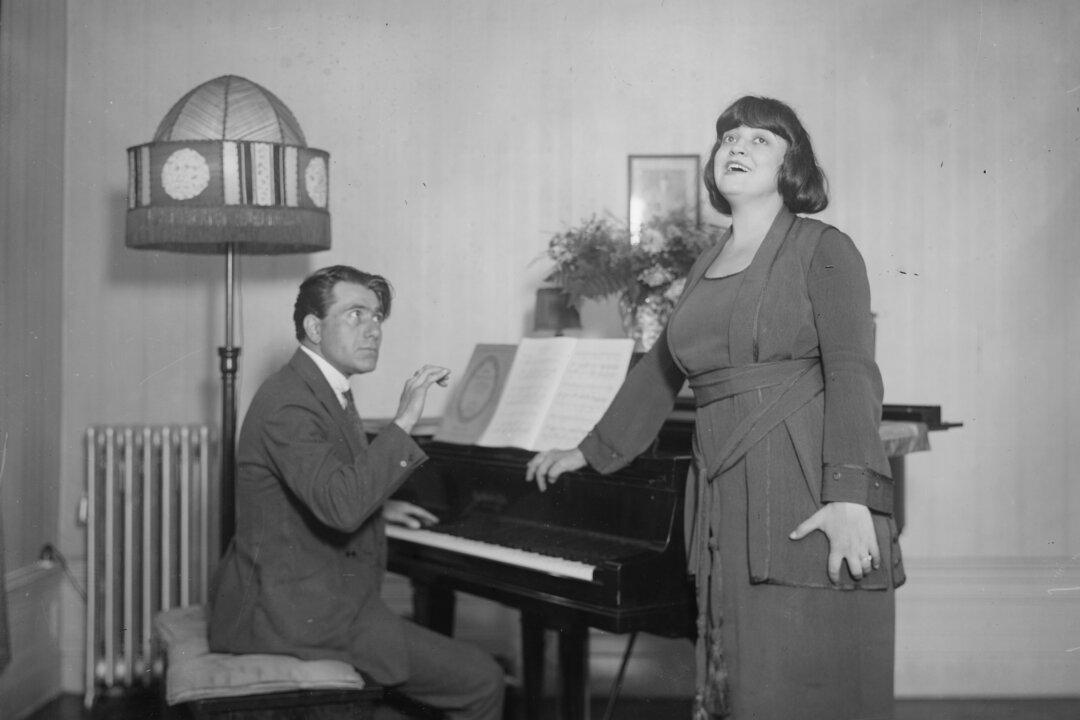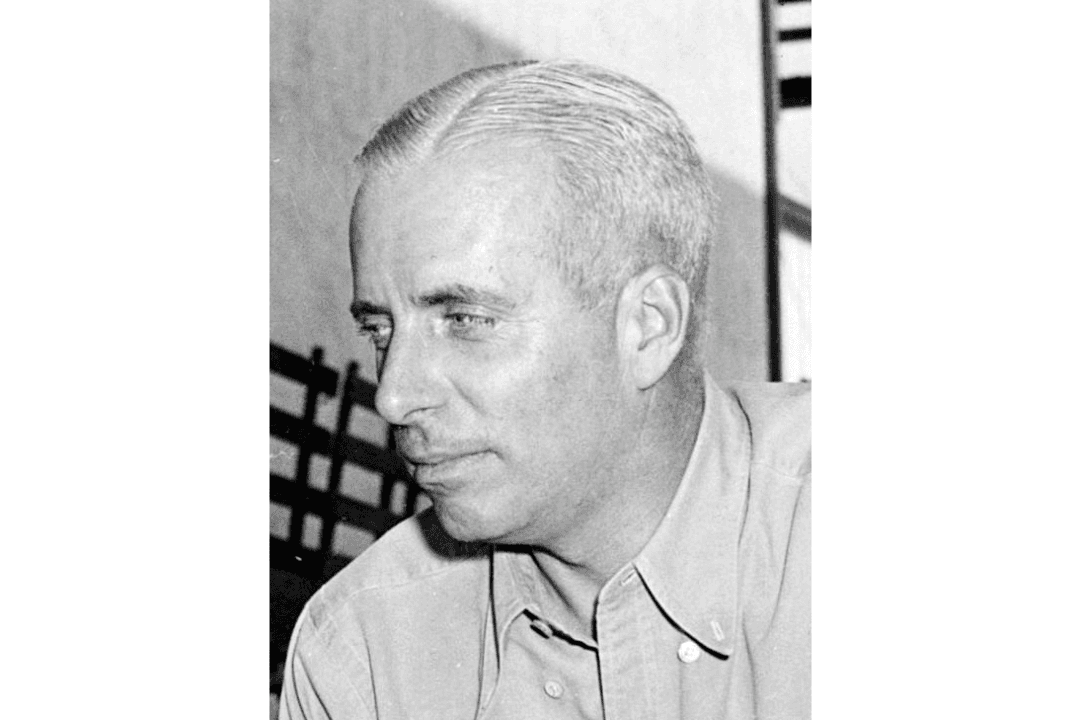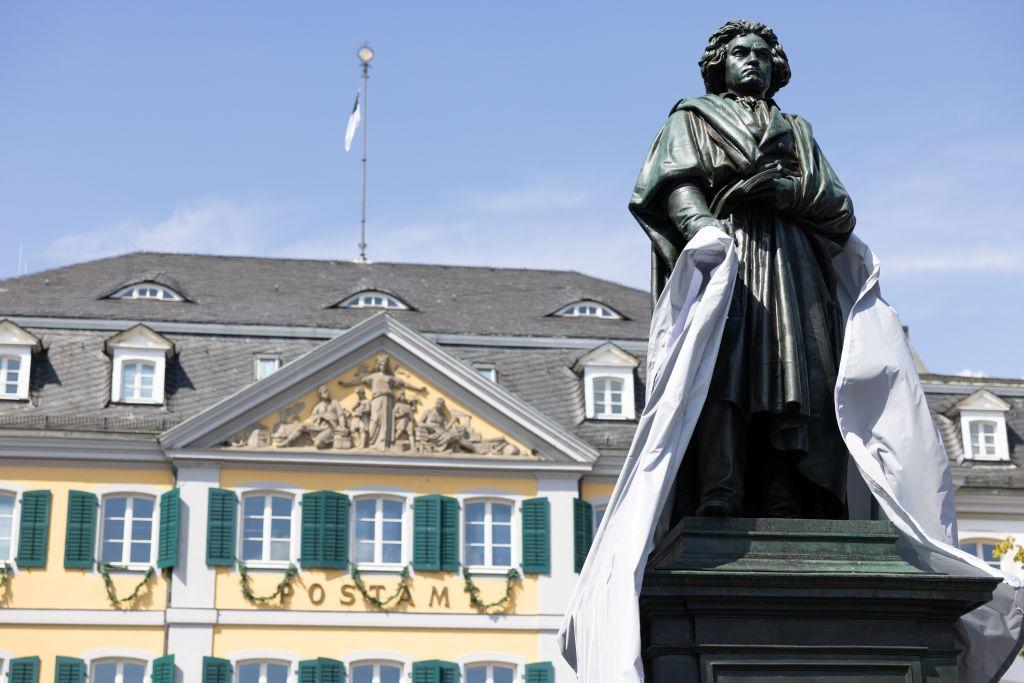The year was 1918. Enrico Caruso, the Metropolitan Opera’s biggest star, had chosen a newcomer to be his leading lady. Her name was Rosa Ponselle, she’d just turned 21, and her debut sent critics scurrying for adjectives. She “made a sensational impression and was sensationally received.” She showed “incomparable charm and dramatic ability.” Her voice was “rich, sensuous, … capable of all the lights and shades of operatic expression.”
Who was this musical marvel? Most of the Met’s singers were foreign-born, and all had learned their art and musicianship in Europe. Few in that opening night audience knew that Rosa had never been to Europe. She’d also never performed in an opera house or had much vocal training. Only a few years earlier, in fact, she’d sung popular songs in a movie theater for $25 a week.






